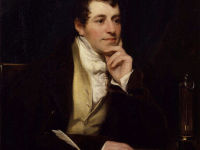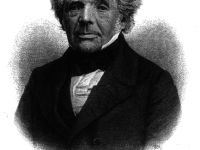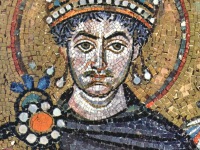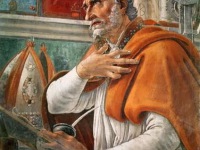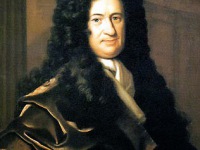The Universe goes beyond the Milky Way – thanks to Edwin Hubble
On November 20, 1889, American astronomer Edwin Hubble was born. He is best known for his role in establishing the field of extragalactic astronomy and is generally regarded as one of the most important observational cosmologists of the 20th century. “Equipped with his five senses, man explores the universe around him and calls the adventure Science.” – Edwin Hubble (1929) Edwin Hubble – Early Years Although Edwin Hubble earned pretty good grades in…
Read more


